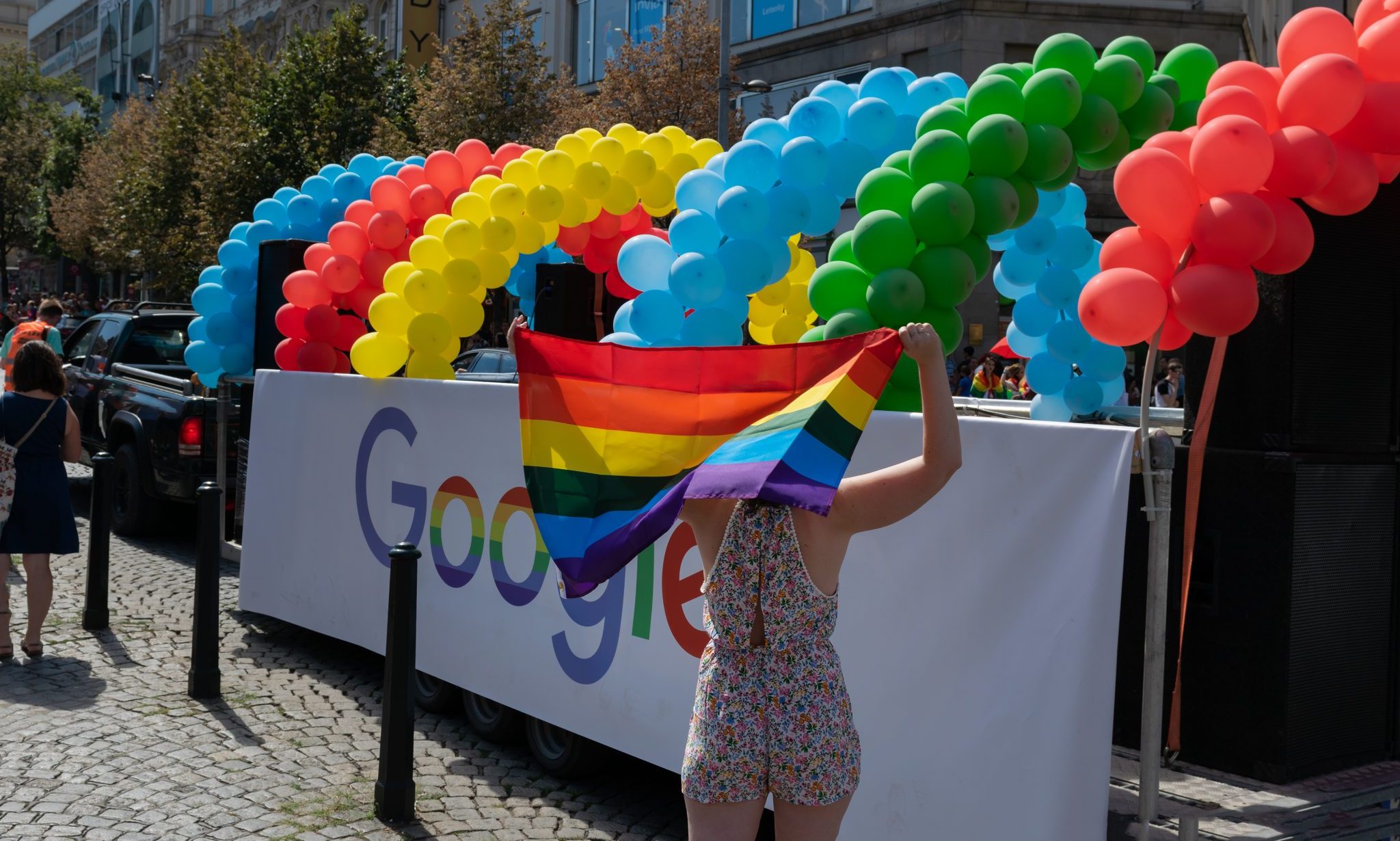Tech giant Google is ending its diversity hiring targets and reviewing its diversity, equity, and inclusion (DEI) policies, becoming the latest U.S. company to scale back or eliminate such programs.
The decision comes after years of public commitment to diversity initiatives following the murder of George Floyd in 2020, which sparked nationwide protests and calls for racial justice. At the time, Google announced it would set goals to increase “leadership representation of underrepresented groups,” particularly among Black and Latino communities. Approximately 96% of Google’s U.S.-based leaders were white or Asian, and about three-quarters of global leadership were men. The company aimed to change this by setting aspirational hiring targets to boost diversity within its workforce.
Between 2021 and 2024, the company provided regular updates on its progress, stating its commitment to integrating DEI principles into everything it does. Google made it clear in annual reports that it sought to create a workforce that better reflected the diversity of the users it served.
However, a noticeable shift occurred in Google’s latest report released on February 5. The line about integrating diversity, equity, and inclusion into the company’s ethos was absent, signaling a significant change in direction.
In a company-wide email, Google’s Chief People Officer Fiona Cicconi confirmed that the company would no longer set specific hiring targets for improving workforce diversity. “In 2020, we set aspirational hiring goals and focused on growing our offices outside California and New York to improve representation,” Cicconi wrote. “We’ll continue to invest in states across the U.S. and in many countries globally, but in the future, we will no longer have aspirational goals.”
This move marks a shift in Google’s stance, and the company has indicated that it will now review DEI programs, policies, and grants that may pose risks or fail to deliver the intended results. The company’s decision follows similar actions by other major corporations, such as Amazon and Meta, which recently scaled back or eliminated their DEI initiatives due to changes in the legal and political landscape.
Google’s decision has been widely interpreted as a response to right-wing pressure, particularly from those who have criticized corporate DEI efforts. The company is reportedly considering recent executive orders from former President Donald Trump, which targeted DEI initiatives within the federal government.
Despite eliminating hiring targets, Google has pledged to continue supporting resource groups for minorities within the company. These employee-led groups are designed to provide support and advocacy for various communities and currently include 17 different groups with more than 50,000 members.
“We’re committed to creating a workplace where all our employees can succeed and have equal opportunities, and over the past year we’ve been reviewing our programs designed to help us get there,” a Google spokesperson said in a statement. “Our teams are also evaluating changes required following recent court decisions and executive orders on this topic.”
Parul Koul, president of the Alphabet Workers Union (AWU), strongly criticized the changes, calling them “a real attack on gains that workers have made in the tech industry through movements fighting against racism, gender and LGBTQ discrimination, going all the way back to the civil rights movement.” Koul further described the move as part of a troubling trend in tech companies, where there is a growing anti-worker, right-wing influence.
“We are committed to fighting against this trend,” Koul added.
Google’s decision to scale back its DEI initiatives is part of a broader shift in corporate America. Amazon and Meta also made similar moves in January, eliminating their DEI policies. Meta attributed its decision to changes in the “legal and policy landscape” and announced that it would stop moderating comments on topics such as immigration and gender, while ending independent fact-checking in favor of a community notes system. Amazon, on the other hand, said it was “winding down outdated programs and materials,” emphasizing a new focus on programs with proven outcomes.
Several other major companies, including Ford, Lowe’s, Walmart, Harley-Davidson, and Jack Daniel’s, have distanced themselves from DEI initiatives in response to pressure from conservative campaigners, including pundit Robby Starbuck.
As more companies reconsider or abandon their diversity programs, the future of DEI initiatives in corporate America remains uncertain, with ongoing debates about their effectiveness and the political ramifications surrounding them. The move by Google, one of the largest tech companies in the world, signals a growing divide in how corporations approach issues of diversity, inclusion, and equality.

Recommended for you
The Groundbreaking Gay Film That Challenged Every Taboo by Rainbow Media
Muscle Worship, Biracial Desire, and the Cinematic Risk That Redefined Queer Fantasies
Read on Substack

